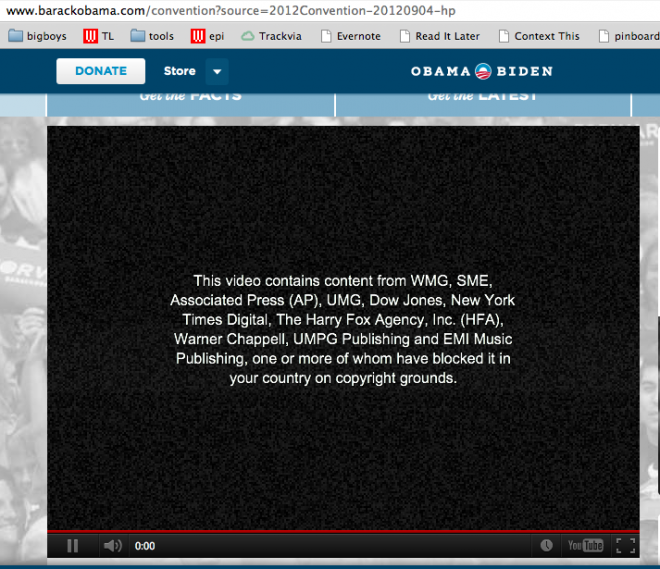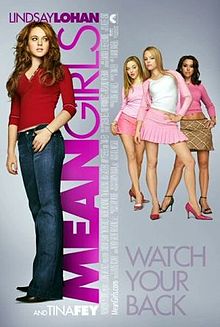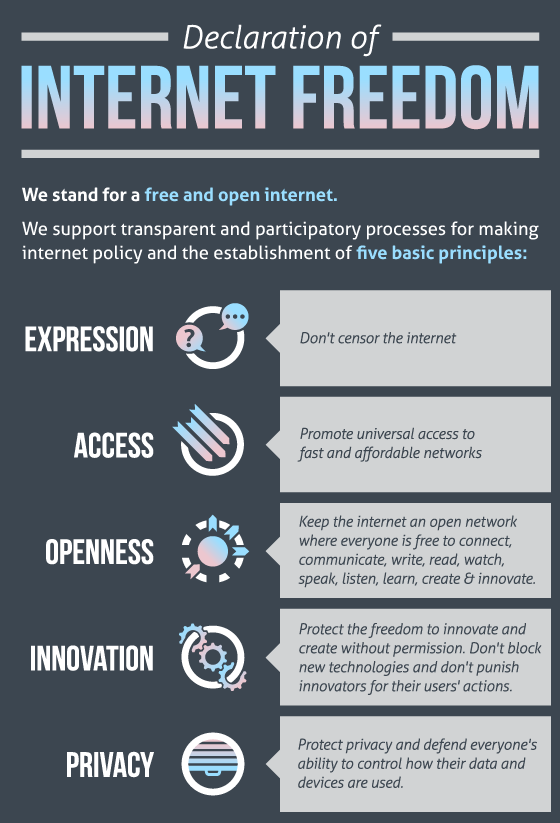In the course of my dissertation research, I’ve spoken with a number of people who have been affected by takedowns. Works completely of their own, sometimes with no offending material, have been taken down. This results in less exposure and potential loss of revenue.
These new rules will help the little guy.
Under the new rules announced Wednesday, however, if the uploader challenges the match, the alleged rights holder must abandon the claim or file an official takedown notice under the Digital Millennium Copyright Act. Falsely representing ownership in a DMCA flap may expose one to potential monetary damages.
via YouTube Alters Copyright Algorithms, Will Manually Review Some Claims | Threat Level | Wired.com.




 Earlier today, “the internet” posed a
Earlier today, “the internet” posed a